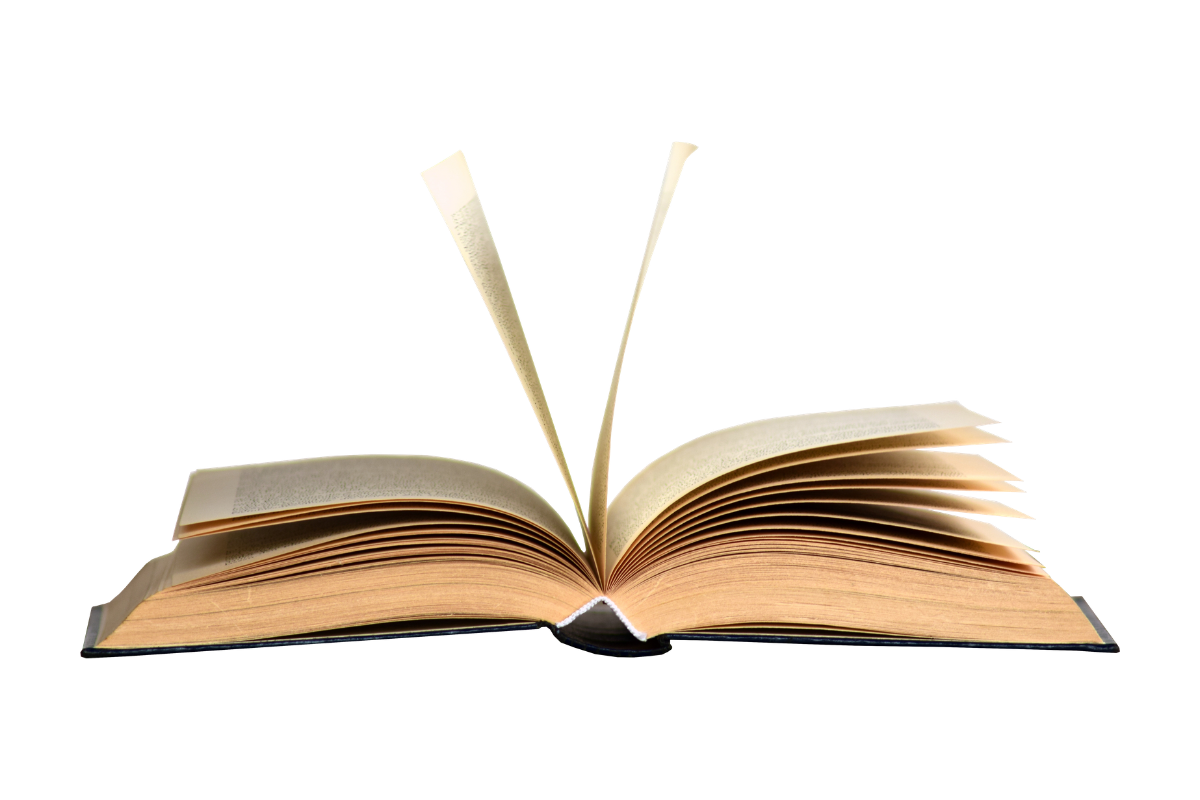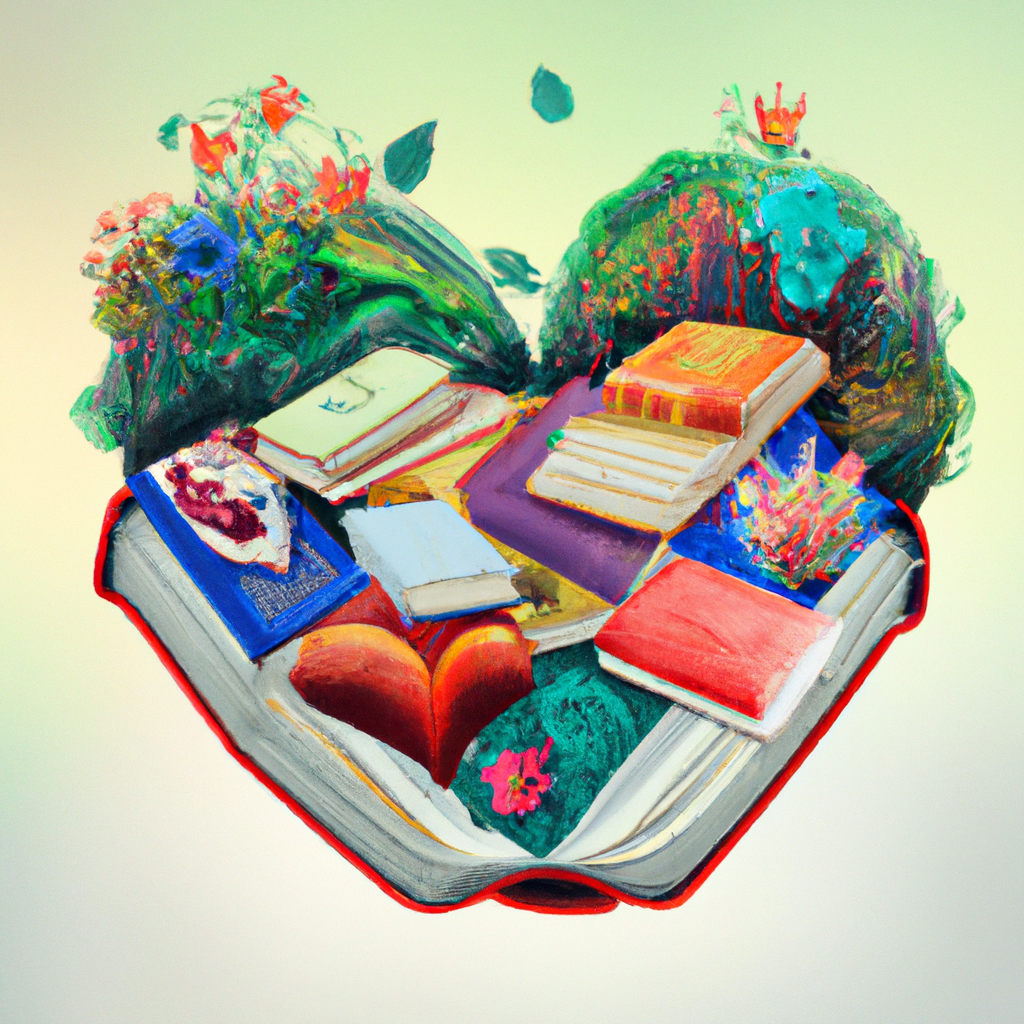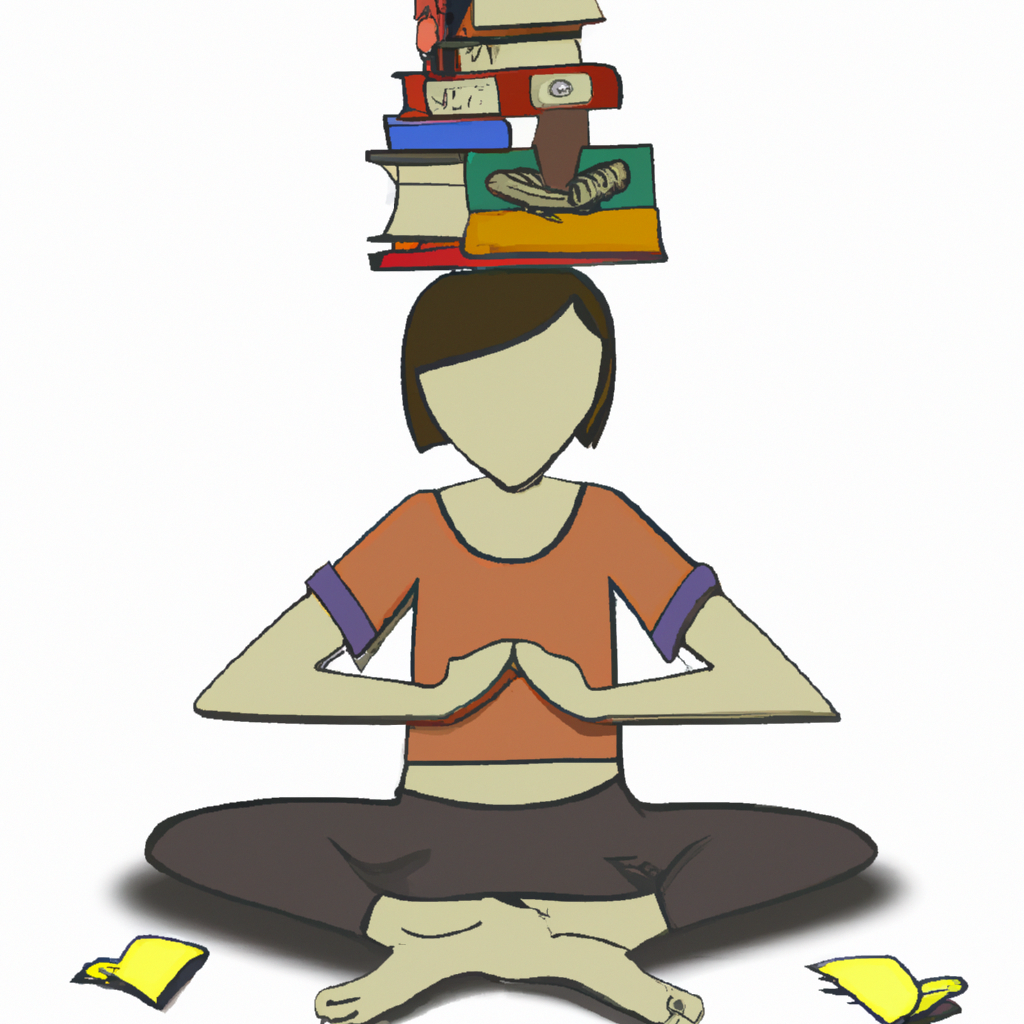In recent years, there has been a growing interest in the science of happiness. Positive psychology is a relatively new field that focuses on the study of human strengths and potential, with a particular emphasis on happiness and well-being. In this article, we will review some of the most popular positive psychology books and explore the fascinating world of happiness research.
The Art of Happiness by Dalai Lama and Howard Cutler
The Art of Happiness is a book written by the Dalai Lama and psychiatrist Howard Cutler. The book provides a unique perspective on happiness, drawing on the Dalai Lama’s teachings of Buddhism and Cutler’s clinical experience. The book covers a wide range of topics, including the nature of happiness, the role of compassion, and the importance of mindfulness.
One of the most interesting aspects of the book is its focus on the relationship between external circumstances and happiness. The authors argue that happiness is not solely dependent on external factors, such as wealth or fame, but also on internal factors, such as our thoughts and emotions. The book provides practical advice on how to cultivate inner peace and happiness, including meditation and mindfulness practices.
Flow: The Psychology of Optimal Experience by Mihaly Csikszentmihalyi
Flow is a book written by Mihaly Csikszentmihalyi, a psychologist who has spent decades studying the concept of “flow” – a state of complete absorption in an activity. The book explores the conditions that lead to flow experiences and the benefits of experiencing flow, including increased happiness and creativity.
One of the key insights of the book is that happiness is not a passive state but an active process. Csikszentmihalyi argues that we can cultivate happiness by engaging in activities that challenge us and require our full attention. The book provides practical advice on how to find flow experiences in everyday life, from playing music to cooking to hiking.
Authentic Happiness by Martin Seligman
Authentic Happiness is a book written by Martin Seligman, a psychologist who is often credited with founding the field of positive psychology. The book provides a comprehensive overview of the science of happiness, including the latest research on the biological, psychological, and social factors that contribute to well-being.
One of the most interesting concepts in the book is Seligman’s theory of “authentic happiness,” which distinguishes between three types of happiness: pleasure, engagement, and meaning. Seligman argues that the pursuit of pleasure alone is not enough to achieve lasting happiness and that we need to cultivate engagement and meaning in our lives as well. The book provides practical advice on how to cultivate these aspects of happiness, from developing positive relationships to finding a sense of purpose in life.
Conclusion
In conclusion, the science of happiness is a fascinating and rapidly growing field. Positive psychology books offer practical advice and insights into the nature of happiness and well-being. The Art of Happiness, Flow, and Authentic Happiness are just a few examples of the many great books available on the topic. By incorporating the insights of these books into our lives, we can cultivate greater happiness, fulfillment, and meaning.



